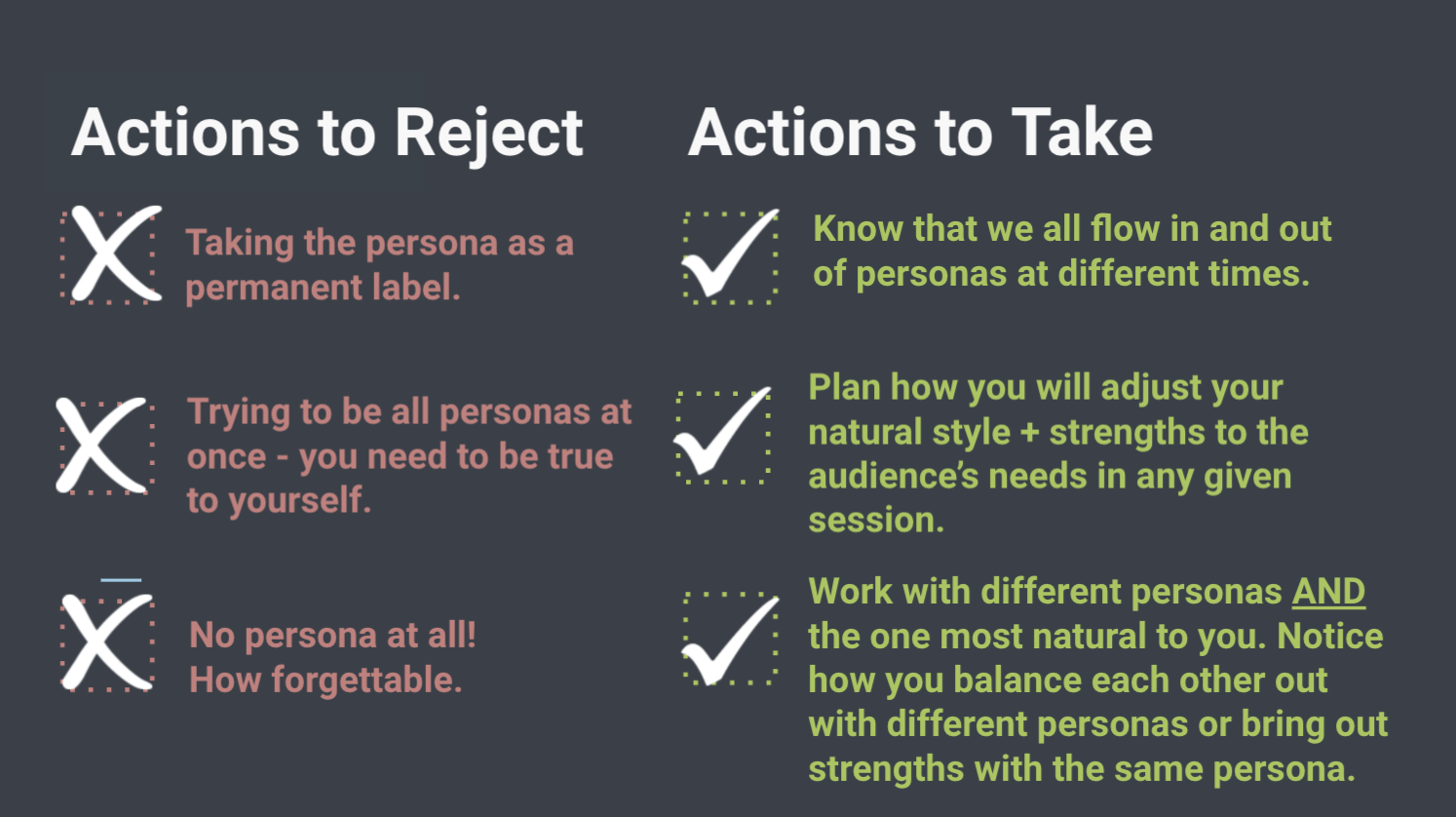There’s a line from You’ve Got Mail (yes, I’ve seen it hundreds of times) where Tom Hanks says, “Don’t you just love New York in the Fall? It makes me want to buy school supplies. I would send you a bouquet of newly sharpened pencils if I knew your name and address.”
If you’re an educator, September makes you think of new backpacks, colorful pens, clean lunch boxes. If you’re an instructional coach, principal, or most central office staff members, July and August probably make you think of Back to School Professional Development and New Teacher Training. A little less sparkly than Lisa Frank, but alas, here we are.
The problem with back to school professional development (and ask any teacher, there is a problem with it) is that too often it isn't good enough. We ask teachers to “Do as we say, not as we do” spending too many hours lecturing about content, not allowing the adult learners time to engage meaningfully, not prioritizing practice and application, facilitating sessions not aligned with teachers’ needs, or reusing content that our team has seen every year.
At Education Elements, we believe that when individuals change their practices, they can change the way their teams work, and shift how the organization functions. So as we start to think about improving summer professional development, let’s start by understanding who we are as facilitators of professional development.
Take Our Quiz To Find Out What Facilitator Persona Are You
As facilitators, we have a natural style that feels most comfortable and authentic for us. Not every facilitator has the same style, and no one style is better than the others; there is a time, place, and purpose for all types. Facilitators can flow in and out of different style types, but they likely gravitate toward one most often. Knowing your facilitator persona helps you lean in to the strengths you naturally bring to the table, and highlights ways you can add in elements of other styles to make a better experience for your participants.

Skilled facilitators can consider when professional development sessions require each different type of persona and will bring elements of the other personas or partner up with the someone whose natural tendencies differ from their own. As you start to plan professional development for your teams, reflect on the energy you bring to each session, the description of your persona, and how may naturally connect you to some more than others.
